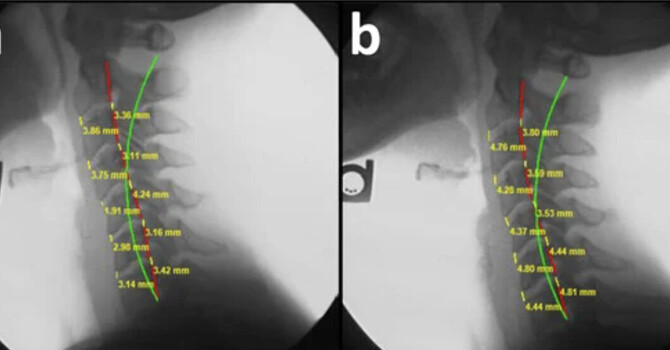
What's Going On When Your Hips Are Making Noise
Have you ever been walking down the road or around your house and felt your hips clicking? Maybe you've also heard your hips popping or cracking a little bit. If so, this may be the sign of an underlying problem. Understanding why hips make noise can help you decide whether it's harmless or needs attention.
The Anatomy Behind Hip Sounds
The muscles responsible for flexing your hips when you walk are known as the hip flexors, one of which is the Psoas. This muscle starts at your lower spine and passes down through your pelvis. It attaches to your thigh bone (the femur), which enables it to perform its function of hip flexion.
This muscle can often get tight, especially if you sit in an office chair all day without much exercise. When this muscle is tight, it can cause a range of problems. You can experience a sore lower back, aching buttocks, and clicking hips. Your pelvic region is very bony, and when your hip flexors are tight, it can cause your tendons to rub over the bony protrusions in your pelvis. It's this interaction between your tendons and bones that explains why your hip makes noises—those audible clicking or grinding sounds.
When Hip Clicking Becomes a Problem
Over time, the tendon can become irritated and inflamed, which worsens the problem. Certain injuries or overuse of the tendon can also result in inflammation and excessive hip clicking. This condition is informally known as dancer's hip because many dancers experience these problems due to overuse of the joints.
Pain in the hip area and constant clicking or grinding is regularly experienced by athletes and runners as well. Again, this is due to overuse of the joints and tendons. You may not necessarily always hear an audible click in your hips, but you might feel the sensation of popping or grinding. This is still something to be aware of, as it answers what causes hip clicking even when it's silent.
How to Address Hip Clicking
A lot of the time, the main treatment for dancer's hip or clicking hips is rest and recovery. While you're resting, it's a good idea to stretch out the hip flexor muscles to reduce tightness and tension in the area.
You may need to avoid high-intensity activities, such as sports, running, and dancing. Instead, stick to low-impact exercises like gentle walking, swimming, or yoga. This will reduce tightness and irritation in the hip area, enabling the inflammation to go down and your hip joints to rest. These simple changes often resolve why your hips click without needing more intensive treatment.
When to Seek Professional Help
Not all hip sounds are created equal. While occasional clicking without pain might be harmless, persistent noise accompanied by discomfort, stiffness, or limited movement deserves professional attention. Sometimes what seems like a simple tight muscle could be masking joint issues or alignment problems that need proper evaluation.
If you're experiencing hip pain or clicking that doesn't improve with rest and stretching, Clear Life Scoliosis Reduction and Chiropractic can help. We take the time to determine the actual cause of your symptoms and create a treatment plan that addresses the root issue, not just the noise. Call our office when you're ready to get back on track without the soundtrack.



